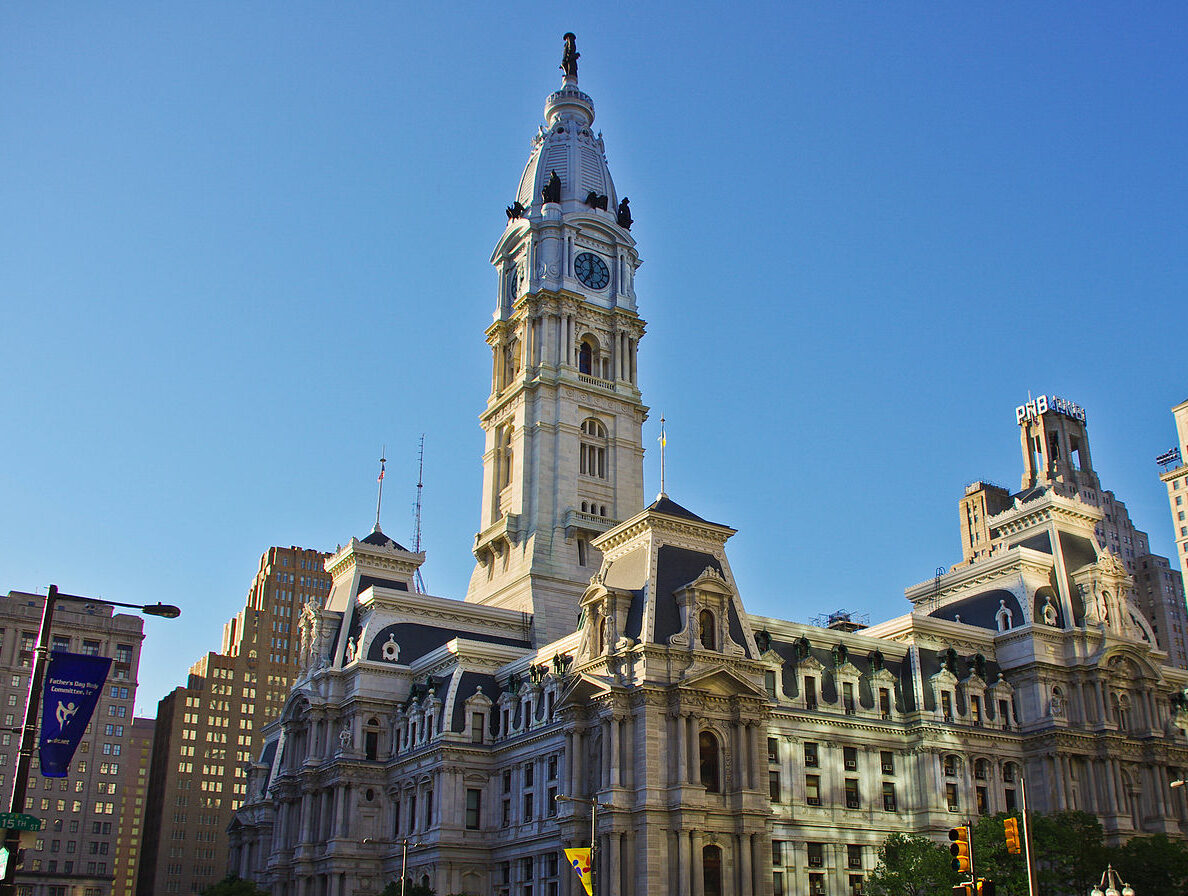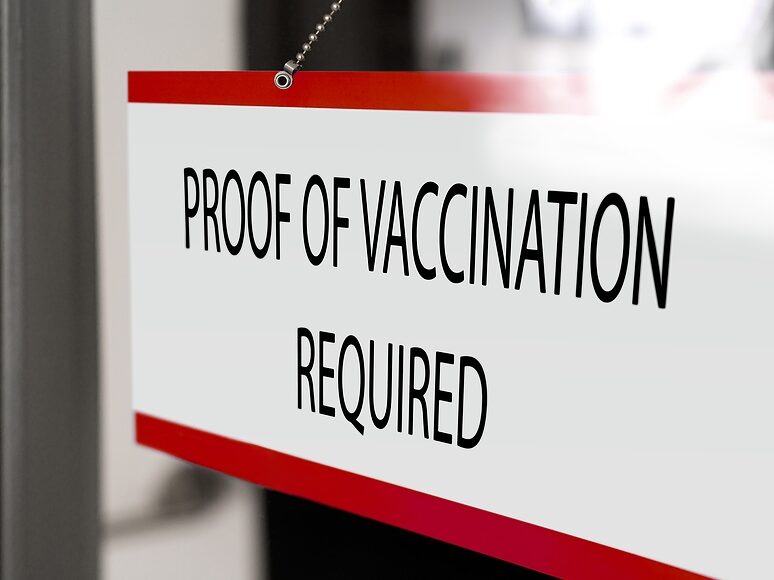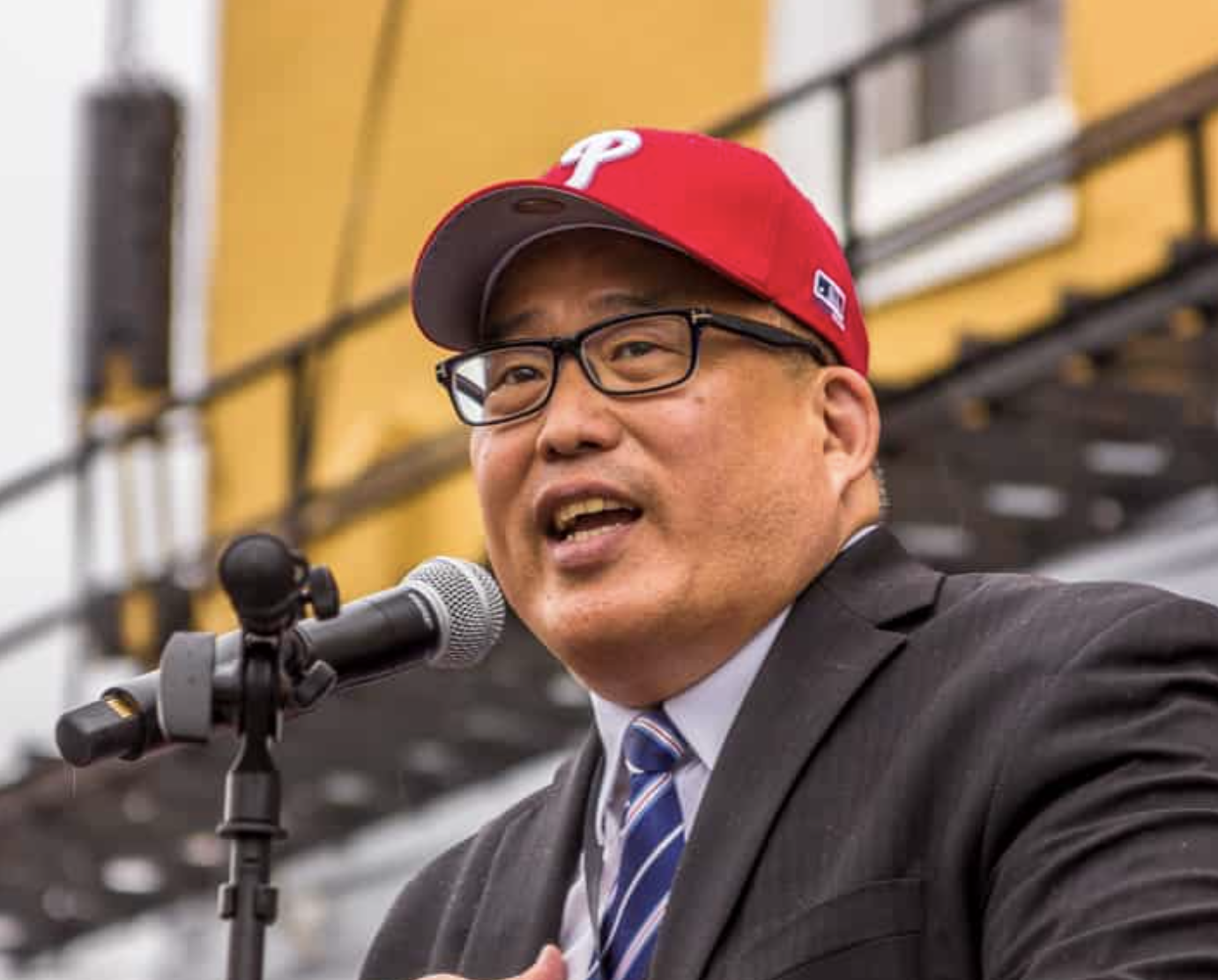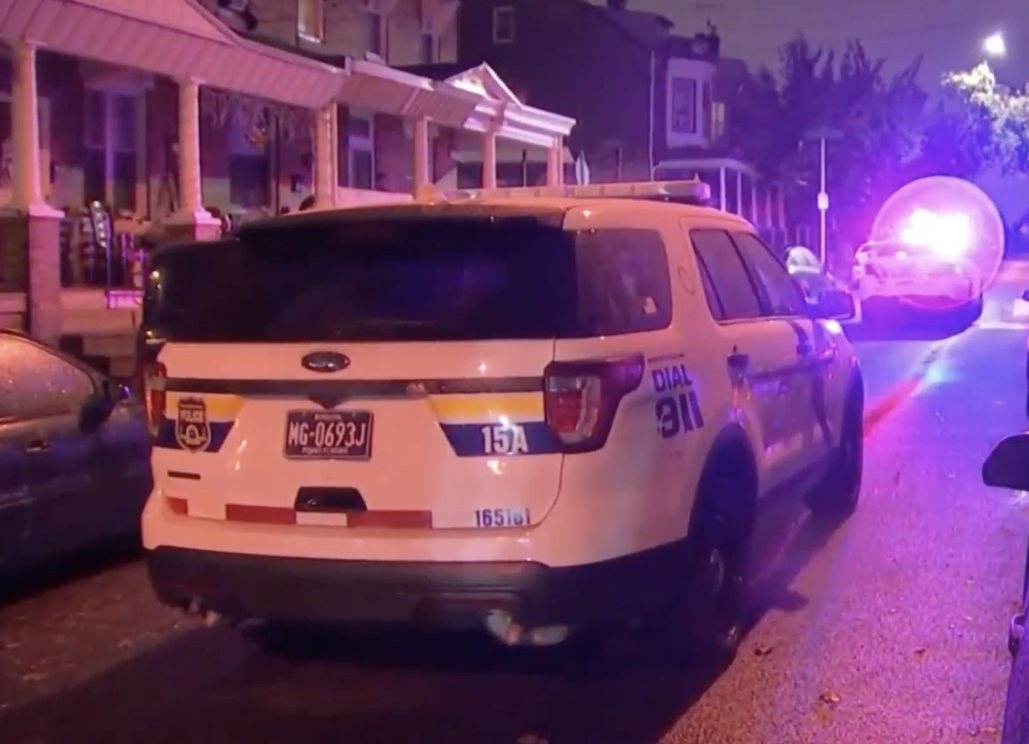Farry’s Commuter Fairness Plan Passes Senate, But Likely to Die in House
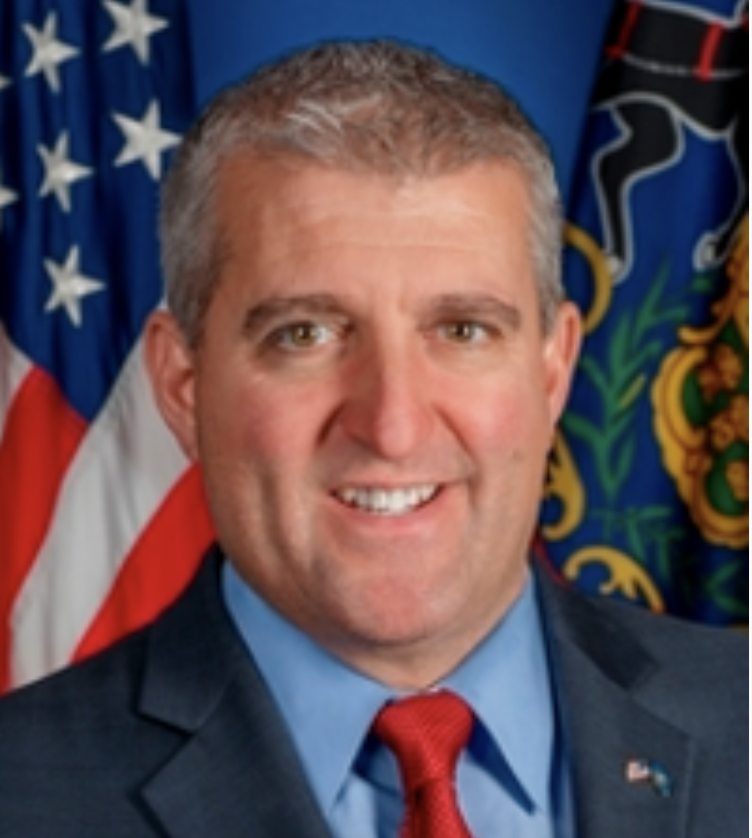
Hoping to keep some Delaware Valley taxes local so municipalities can avoid raising real estate taxes, the state Senate passed the Commuter Tax Fairness Act, sponsored by Sen. Frank Farry.
The bill, which was approved 28-21 on Wednesday, would make the Philadelphia City Wage Tax more equitable for non-residents. But its future in the Democrat-controlled House is dicey.
Currently, the city wage tax of 3.44 percent is imposed on salaries, wages, commissions, and other compensation paid to employees working for a Philadelphia employer. Non-residents – even those who work remotely and never set foot in the city – must pay the full Philadelphia City Wage Tax if their employer is based in the city.
“Because residents who live in surrounding municipalities but work in Philadelphia pay all of their local income tax to the city rather a portion to their home municipality, the tax burden is greater for non-Philadelphia workers of those municipalities,” said Farry (R-Bucks). “My bill would keep a fair share of tax dollars local. Your local tax dollars should be used to help your community.”
With the passage of the Commuter Tax Fairness Act, the Philadelphia City Wage Tax for non-residents would remain at 3.44 percent, but 1 percent could be remitted to the workers’ home municipalities for municipalities with an earned income tax. That would put Philadelphia in line with more than 2,500 other local governments.
“As a formal municipal official, I know how difficult the financial challenges are for local governments and first responders. Because of Philadelphia’s City Wage Tax, millions of dollars are diverted from the municipalities where our residents live – resulting in higher taxes for basic services like fire, police, and emergency medical services,” Farry said.
Robert Pellegrino, Northampton Township manager, said, “Many suburban Philadelphia communities are also dealing with a lack of volunteer firefighters and are transitioning to full-time paid fire services that will require a significant financial investment in personnel and equipment.”
“While every other municipality in the commonwealth must reimburse earned income tax revenues collected from non-residents to the home municipalities of those non-residents, Philadelphia is alone in its ability to keep for itself, both the earned income tax of its residents and all of the non-residents who work in the city, without having to remit any portion or percentage of those non-resident revenues back to the home municipality of those non-residents,” said Bensalem Mayor Joseph DiGirolamo.
The bill now moves to the House of Representatives for consideration. House Speaker Joanna McClinton (D-Philadelphia/Delaware) was unavailable for comment Thursday.
Philadelphia Finance Director Rob Dubow testified the loss of those funds would be devastating to the city.
“This estimated $190 million revenue loss would force the city to make painful cuts or to substantially increase taxes. Either of those actions would damage the Southeastern Pennsylvania region,” said Dubow. “For example, the amount of lost revenue would equate roughly to Philadelphia’s combined spending for commerce and economic stimulus activities, parks and recreation facilities, libraries, and the Convention Center, all of which drive growth, attract visitors, and benefit the larger region.
“The potential approximately $190 million loss in revenue is nearly double Philadelphia’s $110 million annual subsidy to the Southeastern Pennsylvania Transportation Authority (SEPTA). If the city were to impose tax increases in an attempt to compensate for the lost revenue, those increases would likely drive away jobs and businesses that help generate economic activity for the entire region. Whether the city had to make these potential cuts or tax increases in one year or five years if the credits were phased in, the impact would be equally devastating. In either case, the city would need to take dramatic action just to avoid crippling deficits,” Dubow said.
John Featherman, a Philadelphia resident and Republican who ran for mayor said he believes the bill will die in the House.
“So let’s do the math,” Featherman told DVJournal. “The non-resident wage tax is 3.44 percent, and 1 percent represents roughly 29 percent of that tax. Democrats claim that this bill will take away approximately $190 million in tax revenues from Philadelphia. Republicans dispute that number and think it’s inflated. It probably is.
“The common ground is both sides know long-term changes in workplace culture — due primarily to COVID-19 changing the way we work — are likely to hurt Philly’s ability to keep that full 3.44 percent moving forward. The work-from-home trend isn’t going away, and unless the next mayor of Philadelphia can convince suburban workers to move in Philly and city workers not to move to the suburbs (good luck), Philadelphia will continue to lose its tax base.
“Likely, the slim Democratic majority in the House will defeat this bill,” said Featherman. “But it will gain life again moving forward and will pass if the GOP regains the House. The only measures Philadelphia can do to protect this job-killing tax is to change its industrial-era tax code to attract more businesses to the city (e.g., eliminate the gross receipts tax) and make Philadelphia a safer place to live and work. That’s a mighty task for Democrats to achieve in a city that’s continually in the news for violent crime.”
A former Plymouth Township councilman, Vince Gillen, said, “I’d say it’s reasonable in today’s world since many people are now working remotely or on a hybrid schedule. Personally, I’d rather my tax money come back to the community where I live as opposed to a large city.”

